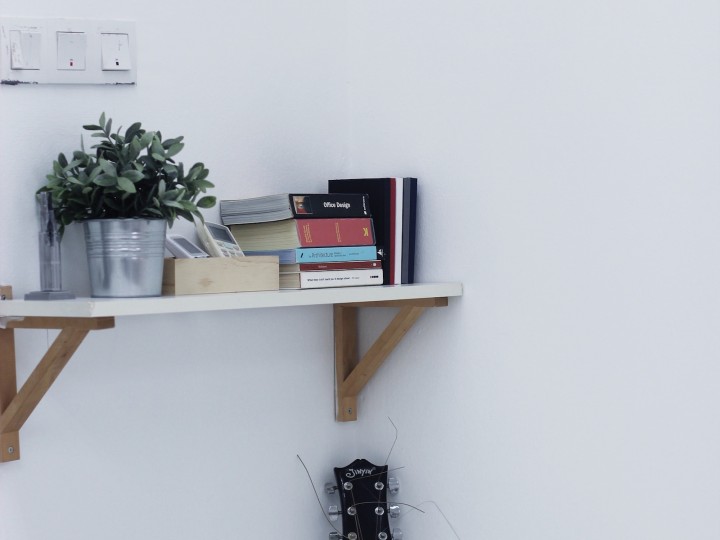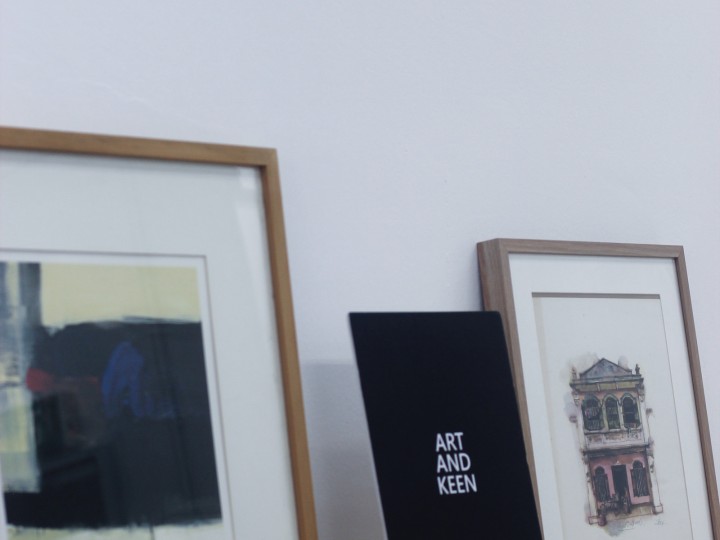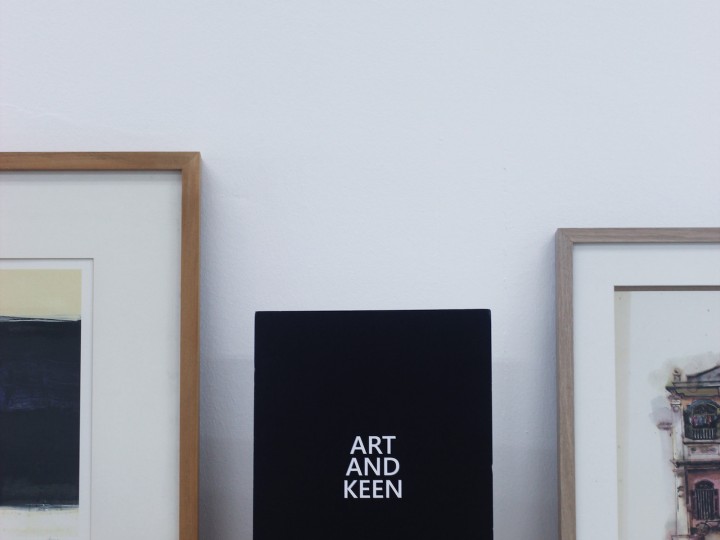Studio Folk + Kashfi & Arief
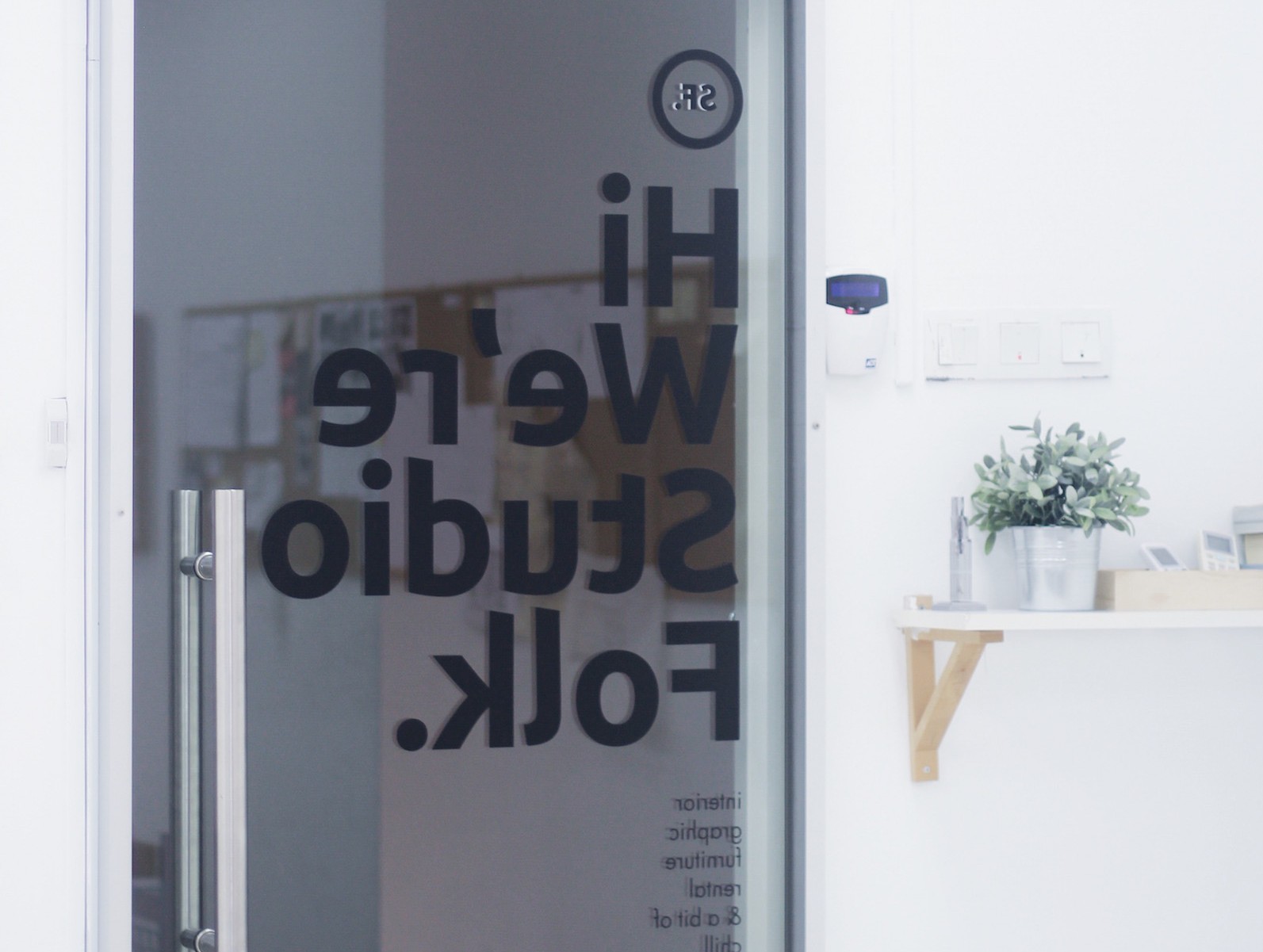 Thirsty for JUICE content? Quench your cravings on our Instagram, TikTok and WhatsApp
Thirsty for JUICE content? Quench your cravings on our Instagram, TikTok and WhatsApp
Shop
Studio Folk
A Multidisciplinary Studio

The foundation of creating a studio such as this was to architect designs that could help people. Be it for aesthetic purposes or to strengthen existing cultures, the point is to be part of something that could be partially responsible for a city’s evolvement.
Studio Folk’s primary focus surrounds interior architecture, though graphic design and curating events follow subsequently. To elaborate on the latter, Studio Folk has a side division entitled Studio Folk Gatherings, which is basically their platform to play the role of an event planner as well as a designer. They manage the inventory list whilst ensuring the respected get-together is well-equipped in an ideal setting – let’s take a moment to appreciate how beautiful the table setting is in the cover photo above.
Okay, the moment’s over.
Luncheons and dinners have a certain stereotype tied to it (i.e. an activity that someone with deep pockets can enjoy), however, Studio Folk aims to accommodate to everyone’s needs; even if there are financial restraints, they will find a solution for your design and/or branding requirements.
The studio is currently working on projects for both private and public properties, so to pinpoint a specific clientele would be a challenge as they would bedeck empty spaces with ornaments that will complement them fittingly regardless if it’s a café, an office, or a personal home. When the folks behind this studio aren’t getting their hands dirty, they can be found creating stationery for another label under them called Art & Keen, which currently produces sketchbooks that are the cheaper alternative to Moleskins.
If you’re looking for a Kinfolk-esque setting for a particular space, hit them up because they will deliver. Testimony and proof of their previous projects can be viewed in their studio – which happens to be located at the slightly dubious side of The Core in Kota Damansara. But the conversation with the guys is guaranteed to be productive, so, it’s not bad. Also, their background music consists of Norah Jones, Kanye West, and Game of Throne‘s soundtrack.
More photos of their space below:
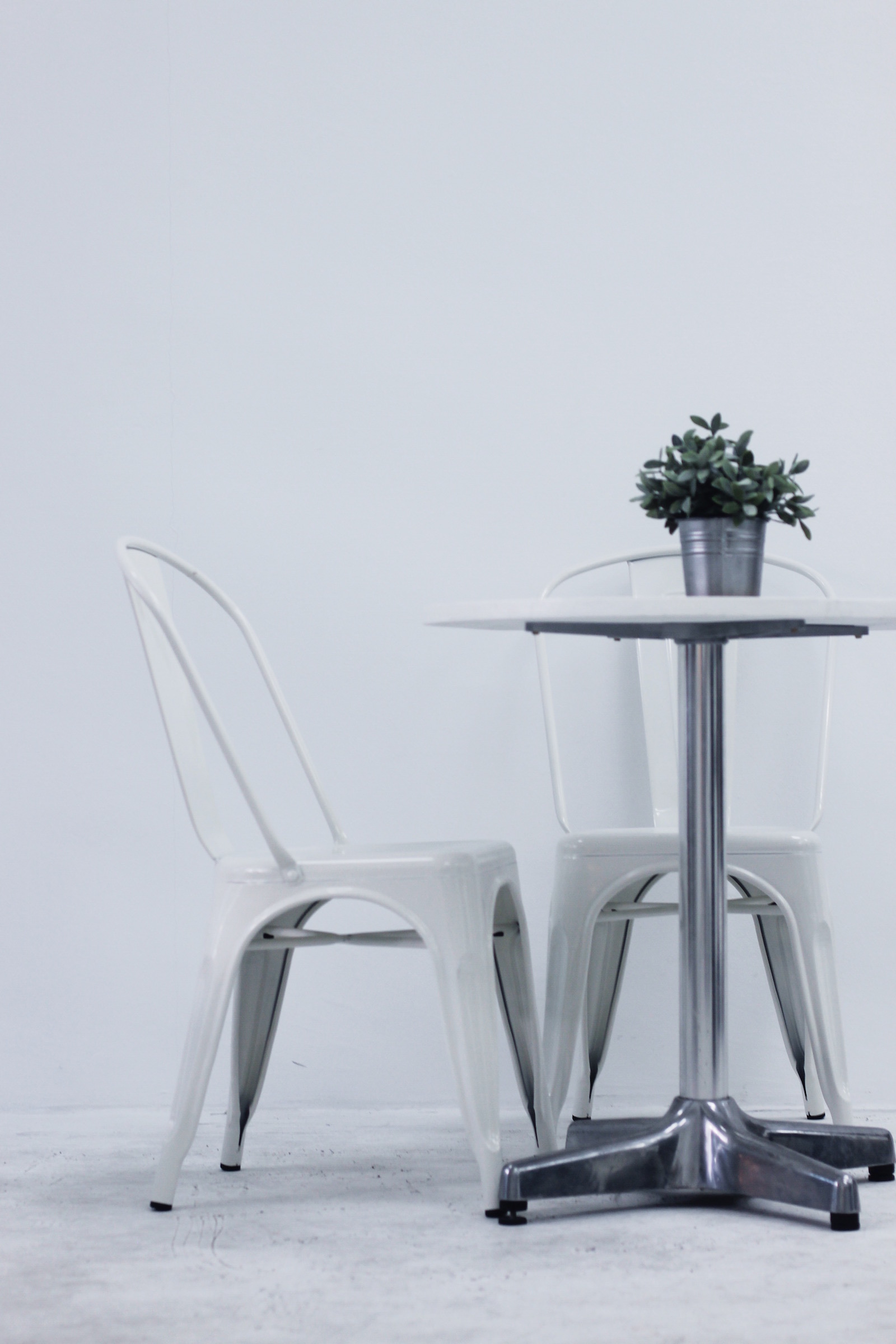
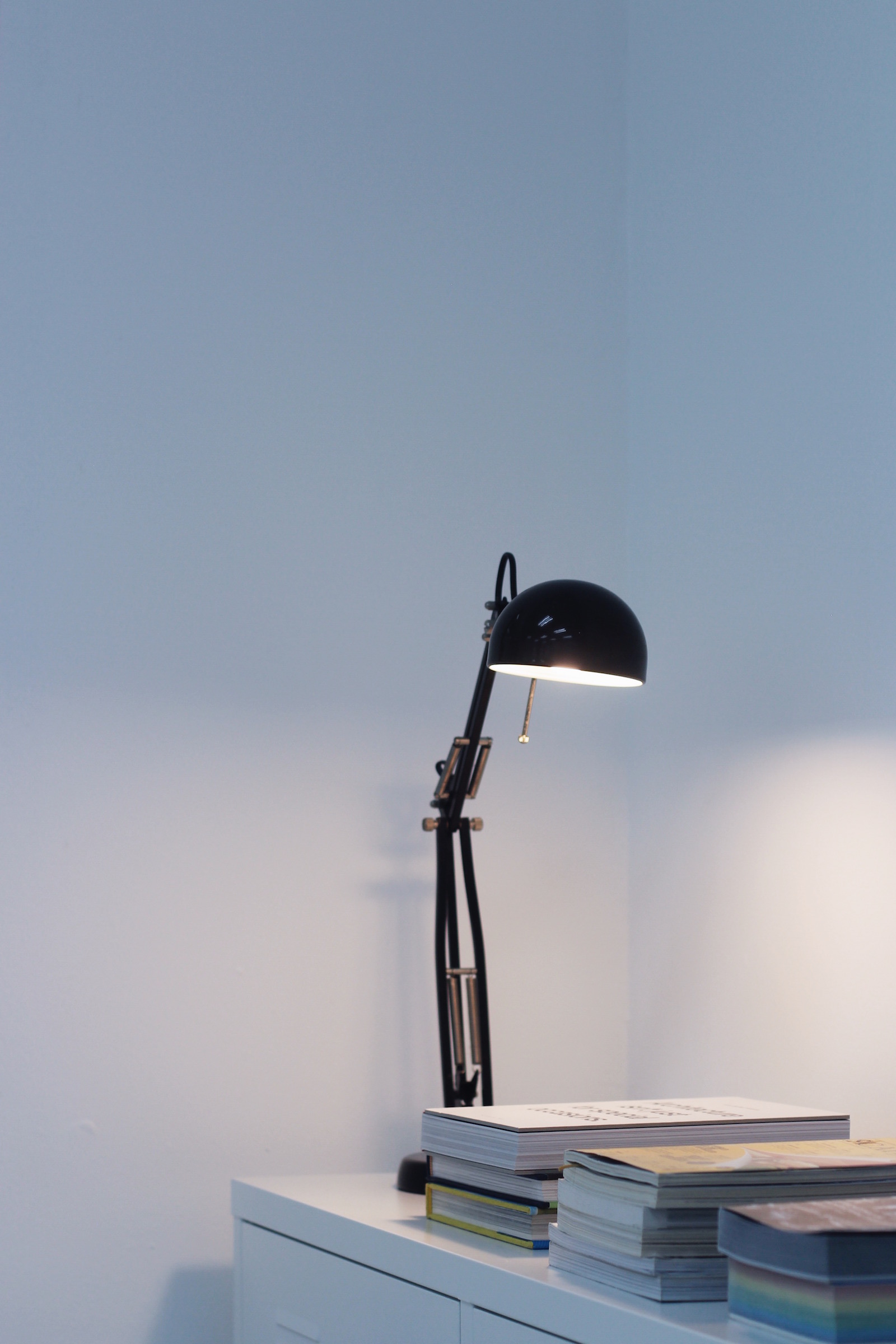
Studio Folk is located at Unit 31 Level 2 Jalan Teknologi 3/6B, The Core, Sun Suria, Kota Damansara, 47810 Petaling Jaya, Selangor.
E: [email protected]
T: 03 6151 6135
Owner
Kashfi + Arief
Hard work & Risk
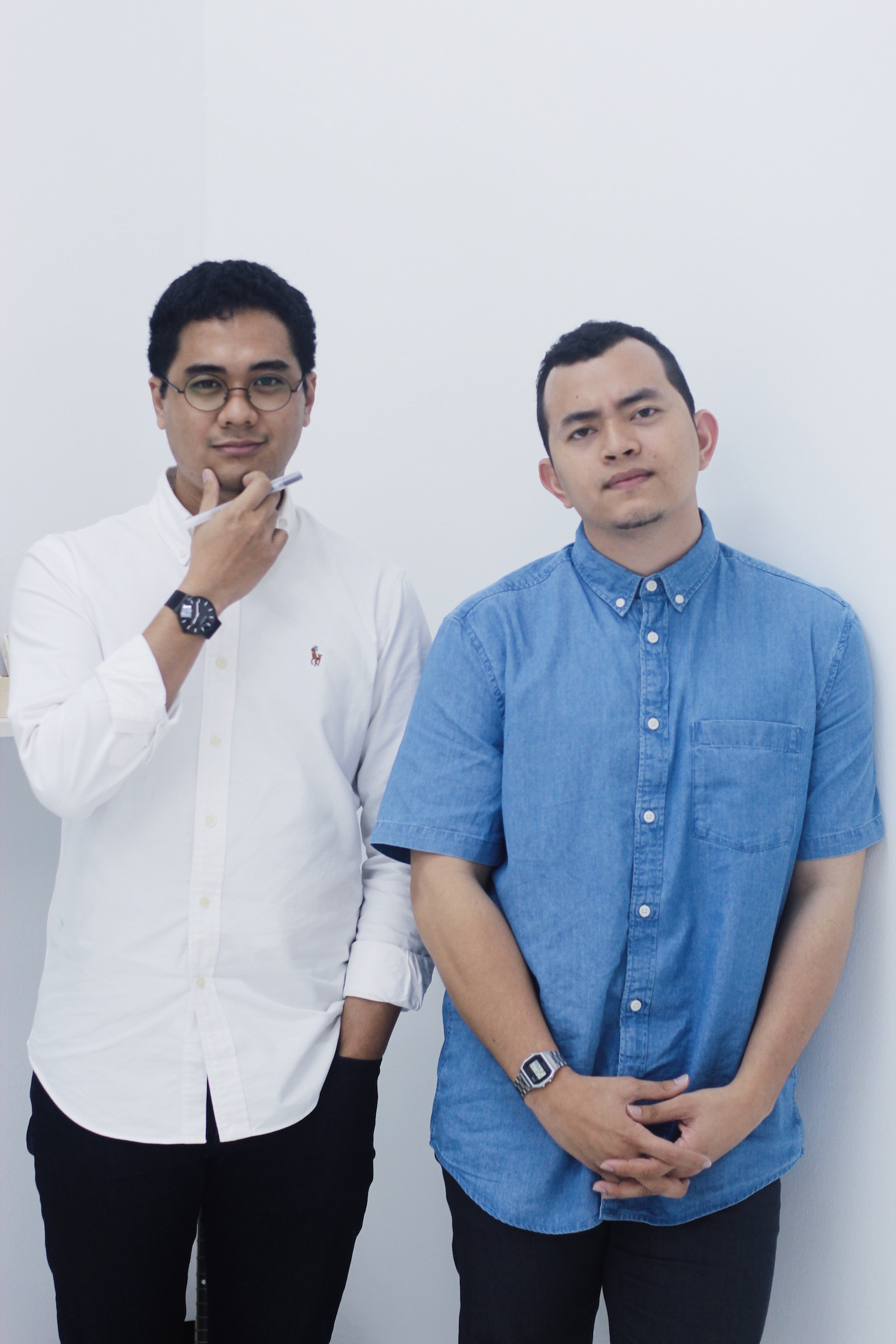
Elon Musk said, “People work better when they know what the goal is and why. It is important that people look forward to coming to work in the morning and enjoy working.”
There’s no denying that a large portion of the millennial generation bases their decisions using emotions over everything else – this is why click-bait websites and world leaders who make asinine statements are as popular as they are because they are masters at manipulating feelings. This way of life has reshaped many people’s approach when deciding what career to pursue because they aim for growth – which happens to be one of Rev Asia’s company mottos (we’ve been made!). They no longer want to stay in a company for over three decades to be promoted twice nor do they want to work for someone that won’t groom them into being the best in their field. This fairly new system has prompted an increase of independent businesses; the concept of start-ups is still not widely accepted by many for its lack of stability, though those on the path of narrating their own future are willing to endure the risks.
JUICE spoke to Studio Folk’s founder, Kashfi Emir, and its once collaborator, now full-time design collaborator Arief, about sustaining a business at 25, the unglamorous side of owning their own company, hiring friends, and their bromance. What they say might just shock you.
The two of you are so young and already running a business!
Kashfi Thank you… but no though, I have friends who are 21 years old, they have their own brands and established companies. I think [starting a career] at 25, in this day and age, is kind of late (laughs).
What were you both doing prior to managing Studio Folk?
K I’ve had work experience in different architectural firms but after my diploma, I took a year off and worked at a construction firm. I’ve also worked at Pizza Hut, Charles & Keith, and TGV (laughs).
That’s a diverse job experience.
K Yeah, and because I’ve had work experience in different industries, I asked myself if I wanted to work for somebody or for myself? It was a difficult decision to make because they’re both challenging adventures but I think, as a designer, when you work for people, your ideas are who you are as a person. So, when you go into an environment where your ideas are not considered, where your ideas are not put on the table for discussion, you just do what you’re told to do, it kind of takes away your soul. I used to work at a very good company – it’s one of the top 10 architect firms in Malaysia – I was grateful to be part of a great architectural firm but I didn’t feel attached to it.
Why not?
K You feel like they’re paying you to do what they want, so there’s no growth as a person. I think that was one of the reasons why I told myself to do what I wanted to do.
Okay, this is a little sensitive but you guys obviously just started a new business, both are very young, where did you get the capital to start this and what’s the sustainability like?
K I read Monocle’s Guide To Good Business immediately after I wanted to start a business and one of the things it said was that it’s good to capitalise from people instead of from banks when starting a business – from people you know, people you care about, and people who care about you, this is so the pressure to make the payment is different. I saved some money myself, then got some from my family and a few friends. The capital is not much since the only assets that we have are our equipments.
“Yeah, we’re the bosses,
but we’re also the janitors,
draftsman, everything, but that’s
what people don’t see.”
Yeah, and your space is minimalistic.
K Minimalistic not by choice, but by default.
But it’s a good look!
K It looks good because we had an understanding on how to make cheap stuff look good (laughs). But also, thank God that we got immediate projects right after we began operations, so we can sustain the company – and that’s the important key of a business. What you want for the first year or two is sustaining your business and staying relevant in the market. You don’t have to make a lot of money for yourself but just enough for your company. That’s the goal for the first year.
How do you plan on keeping the ball rolling?
K My dad is my mentor. He went through a lot as a businessman – he said, “When you start a business, understand and accept the fact that the first year is not about making any money, it’s about losing and learning as much as you can.” We’re currently filled with projects until the end of this year, and once that’s completed, we will evaluate ourselves; how much did we make, how did we make that amount, then start next year with a bang.
So, how did the two of you start working together?
K When I first started, I had a managing partner who helped but he had other engagements to deal with so we decided to part ways – in good terms, of course. I realised [then that] I was lacking a designer, so I thought it’d be a good idea to hire somebody [for the job] or I could ask a friend of mine [aka Arief].
When did that happen?
K It started as a collaboration about seven months ago when I asked for his help on a few projects, then it blossomed into what it is now. He is fundamental and essential to what Studio Folk is now; I had the ideas and philosophy but he came in and helped me strengthen them – he was the glue that made everything work.
Aww, this is a Matt Damon and Ben Affleck bromance just waiting to happen. Why didn’t you two begin working together earlier?
K Because of our friendship. If things don’t go according to plan, we may fight, so I took him on as a collaborator so that he wasn’t committed to us, but then the clients kept coming in, he was in the office everyday – and he’s here earlier than me!
How early is early?
K 9am or earlier, he loves what he does. I love what I do but I like doing it at 10am (laughs).
That is a healthy hour to start work.
K It is. One of the things that always affects me is when people ask me what I’m doing now – I say I work at a design studio but when they realise it’s mine they have a perception that it’s fancy – it’s not. There is the perception that if you have your own business, you’re a boss. Yeah, we’re the bosses, but we’re also the janitors, draftsman, everything, but that’s what people don’t see.
Yeah, because the glamorous side is more appealing to some.
K Yeah, I’m not driving an SLK out there – it’s a Myvi because that’s what I can afford. But having the option to cancel a work day because I have to attend to other matters is gratifying because we are reminded of our freedom. Plus, being able to create everything from scratch is great. The only thing is if we don’t make money this month, we’ll be broke the next, but I think that is something that happens no matter where you go. Losing money is something that’s constant, so why not make the fear a challenge and the outcome a positive one.
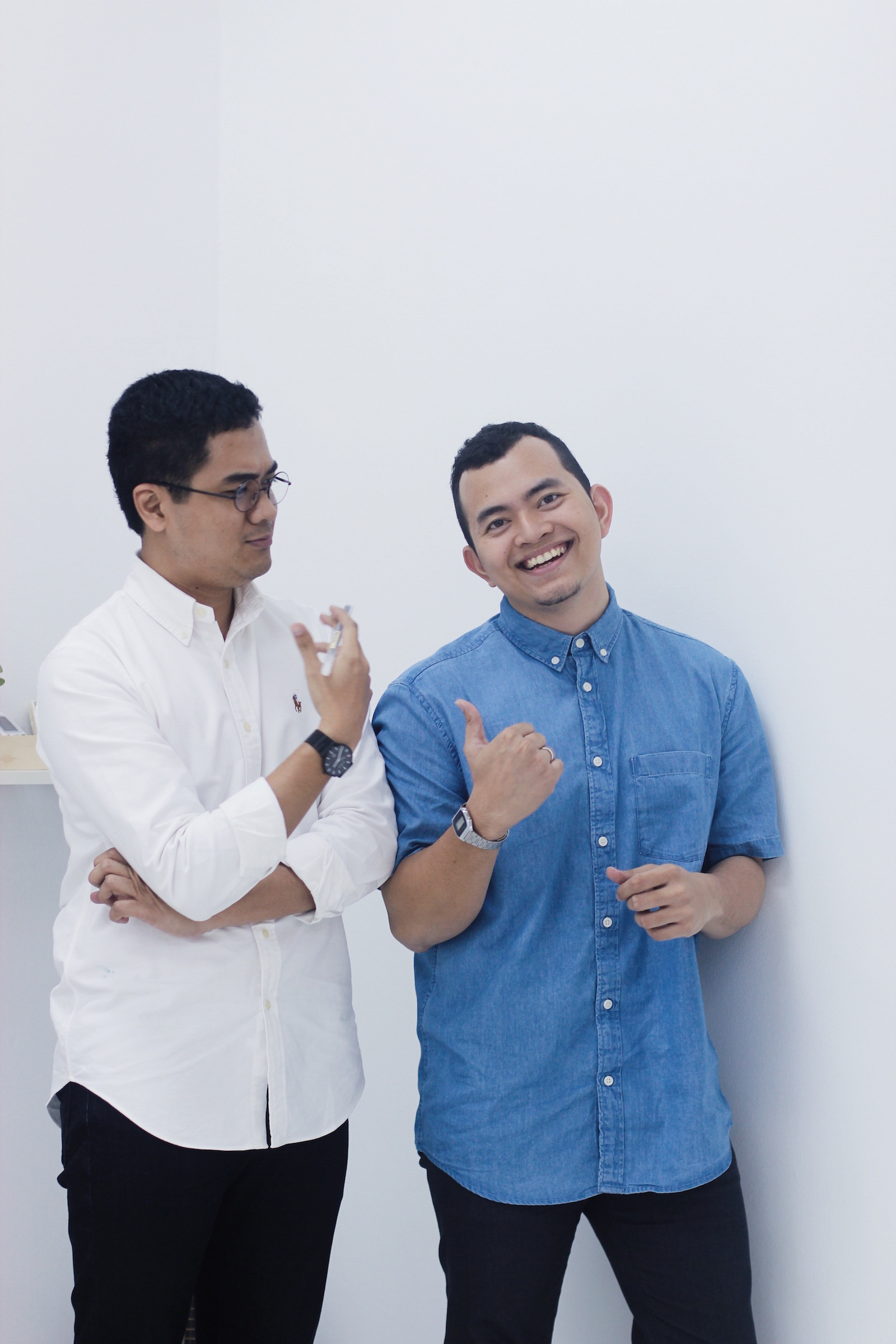
“A lot of people don’t
know what they want. They’re
not honest with themselves.”
How do the two of you maintain the business and the friendship without wanting to kill each other since you two are all you see everyday?
K On Tuesdays, we get out of the office, we try to visit anything that’s design related – art galleries, furniture shops, then have lunches at restaurants/cafes that we think are designed nicely. It’s another way of us being able to look forward to something to do during the week.
Arief Agreements and disagreements are inevitable but the most important thing before collaborating or partnering with anyone is understanding that once you enter a certain zone – where you are dealing with other people’s money – it’s all about being relevant to what you are doing.
There is a trend in KL – we can’t speak for other cities – where we hire our friends to do the job because we know and trust these people. Do you think that spoils the market for people who aren’t in the ‘scene’ even though they can contribute to what we’re doing?
K I think it’s two things; firstly, friends who hire their friends tend to take advantage of their friends (i.e. asking for discounts or to do things for free), so I don’t really see it as beneficial if a company only hires their friends, but second, I think it’s business, if you are not recognised out there, that’s your lack of marketing and networking. So, to say, “Aw, their friends are all hiring them, they don’t know us,” well, you should do something about it.
How would you advise someone to start networking especially for interior design?
K Based on our experience? Social media. Have a strong social media presence and be consistent. That’s how we got our jobs so far.
A What I realised is that we have a lot of friends who are doing interior design but only about 30% are really practising interior design – the rest aren’t passionate [enough]. They feel that money is more important than the passion or love for what you do, and as a fresh graduate, when you join a firm – regardless of which one – you must ask yourself three questions; what are your goals towards the company, what the company’s goals are for you, and what goals you have for yourself. When you have these three answers clear in your mind, you have a direction as to where to go. When you join a firm, it doesn’t necessarily have to be the best firm in the world; it can be the shittiest firm in the world but it could give you the best experience.
K A lot of people don’t know what they want. They’re not honest with themselves.
It’s hard because many parents shape the person their kids become. So, when they finally have a chance to think for themselves, it becomes overwhelming.
K Like for us, the reason that we are where we are now is because I would say [for me], I eat, sleep design. We like it, but whether or not we’re great at it… only time will tell.
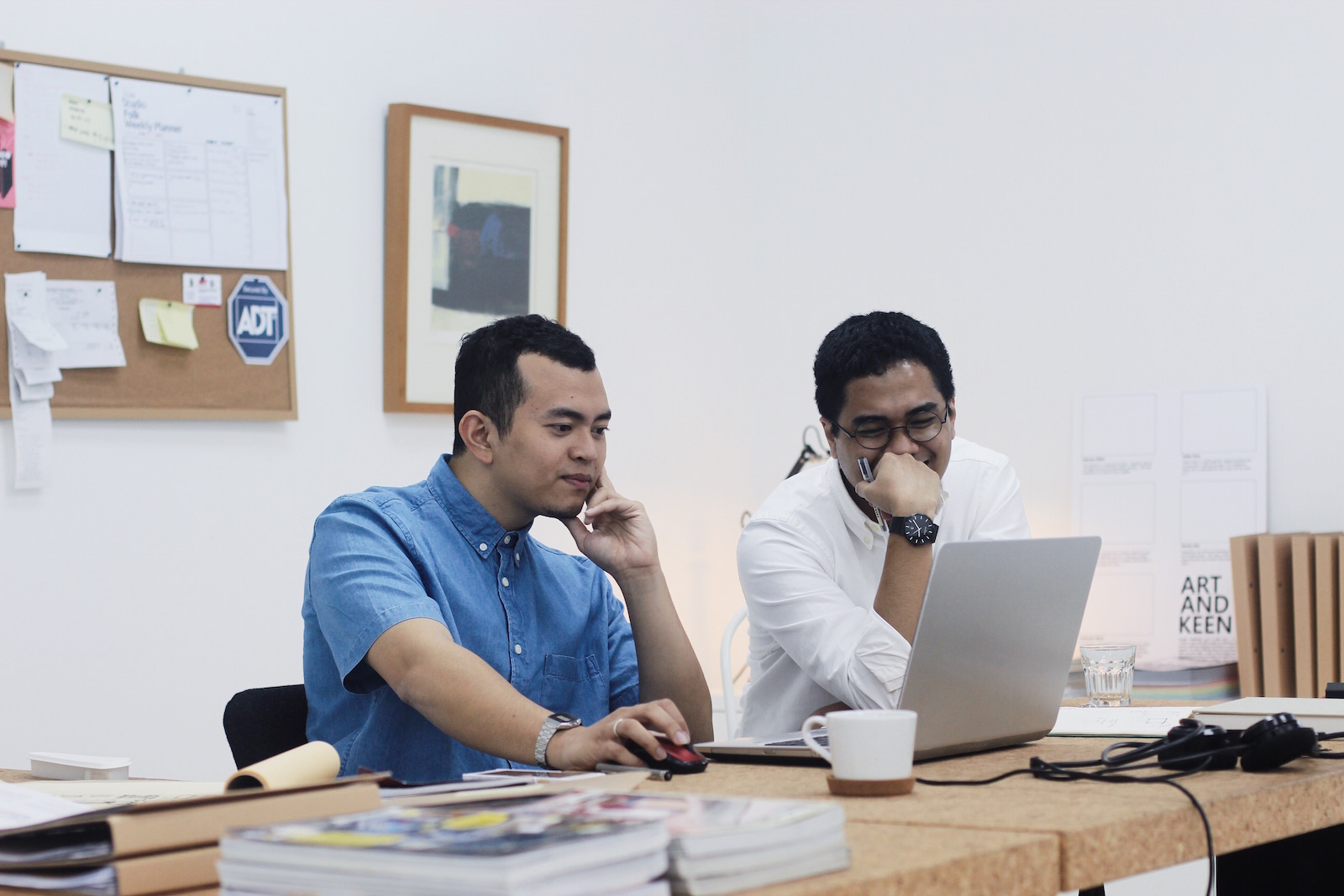
“Our generation is the
laziest generation ever but
we’re the most hardworking.”
So, going back to knowing what you and the company wants, do you think that mindset is a millennial habit whereby we’re more driven towards growth whereas the ones before us were more towards survival?
K Our generation is the laziest generation ever but we’re the most hardworking.
How?
K Because we don’t want to work for people, everybody wants to start their own [company] but what we fail to realise is it’s actually more exhausting to work for yourself because the emotional and physical investment that’s required to manage your own business is intense. But because we’re the laziest, I think we become more creative. I see a lot of my friends hustling every day and night – trying to sell their ideas, they have four to five jobs, our parents had one for 40 years but they started as a security guard to then owning a security firm.
Do you think that’s where we’re going towards? Having our hands in as many buckets as possible?
A The story of our lives was directed by our parents, so due to that, we have one straight path set for us but inside our minds, we have a lot of things to do, isn’t it? It’s more to the fact that there needs to be more exposure.
K Yeah, if you don’t explore, our minds will remain in its bubble.
A In this area [KL] specifically, we are going towards that movement of starting our own [businesses] whereas other states are coming here.
Yeah ‘cos KL has everything.
A Exactly, which is kind of a bad thing because when you have everything, you are no longer unique.
K That’s why ‘originality’ is a cliché for us.
A I personally can’t wait to see what our generation creates in 10 years.
Can you foresee anything?
K There are also lots of people who are trying to create what Westerners do. I feel that we have yet to fully understand our own cultural background to integrate it with our designs but that’s a pursuit I constantly have. But it requires time and research, so, I hope our generation will look back at who we are as Malaysians and instil it in the art we make. There are a lot of musicians who do that – they’re always trying to get back to their roots.
But do you think that’s a gimmick though? Like constantly fusing two opposing elements to make it more relatable to the market?
K As interior architects, it’s important that there’s context. If you can’t justify your reason for doing what you do without saying, “Oh ‘cos it looks nice,” then it loses its meaning. So, for these musicians, if their justifications are right and honest in their allocation of local instruments, then you don’t question it because the concept and lyrics will be cohesive. It won’t feel awkward – like Pitahati. They grew up in an environment where it was all about local context, so their narrative is poetic – [they’re] those kinds of bands you don’t say “Really?” It’s about good context and knowledge. We need to be in the field for long enough to know what we’re talking about.
Are we an impatient generation?
K We’re rushing to be successful and to do stuff in life that we’re not looking back at what’s happening around us. I think what we can do is just look at our backyard; look at the problems, look at the strengths. You are so caught up with stuff that we’re getting lost in translation – being shoe-crazed, playing Pokemon Go – I’m not saying we go back to the days of us playing gasing or kites; I want to play with my phone but how does playing with my phone constantly remind me of my culture? That’s why architecture is important in every culture because that’s what you see everyday.
A The younger generation of artists is trying to infuse what the market wants or what they think would sell. As an artist, you are your own audience – the younger generation of artists is fulfilling other people’s requirements, older artists were heavily curated by what they believed in. I spoke to some young artists about their paintings but when I asked them to tell me more, they asked me to read the description attached to the work, and from there I realised they’re not serious about telling a person like me about their work. In the art scene, it’s all about titles, if you have a high status, they’ll entertain you but if you’re normal, they don’t care.
K I think that applies to every field. I think that’s a stupid concept because if you don’t nurture people or teach them properly, you’re not producing designers, you’re making the rich people richer. We have so many creative people in Malaysia but [not enough institutes to back them], if you walk down the street in Singapore, you see design schools, galleries, and studios so easily accessible.
But that’s frustrating though – that we’d have to go elsewhere to be appreciated.
K I think what attracts us about being abroad is that you don’t have to be world famous to be successful. Like in America, you could just be popular in Texas and already made a sustainable career for yourself. The question we ask is, “How do I do this as a career and not a side job?” It seems like we can’t do it here – we can but our demographics are [so] small that if you’re successful in KL, you’re not going to be successful over the world.
A Some people go overseas to find more opportunities, by all means, but the thing about Malaysia is that there are plenty of opportunities. It depends on which media should be the one covering it. If you know that all the best people in Malaysia leave, fine, leave, but you know now that Malaysia lacks creative people, so that’s where you weave yourself into it. It’s okay to not be famous… it’s not that you climb a mountain for people to see you, you climb it so you can see the world.
That quote belongs in a Hallmark card. That’s a good perspective to see it from, so what would you say to someone who isn’t as fortunate to have the opportunities that you both have found?
K Doesn’t matter where you start, as long as you start. How far would you go or sacrifice to do what you want to do because for me – I just got married last year – to start my own company this year was risky but I assessed it and was willing to risk it. You have to know what you are up against and as long as you know you are willing, then you can do anything – that doesn’t determine success though, but if you are willing to fail to do it, then you aren’t losing anything. If you’re afraid that you’re going to fail, that means you don’t care enough.
A Curate your own mindset. Success doesn’t mean money – you curate an exact definition of what success means to you and once you have that in mind, regardless of whatever field you are in, you know what to do.
Send your design-related inquires to [email protected] or follow them on Instagram at @studiofolkco.

 Get Audio+
Get Audio+ Hot FM
Hot FM Kool 101
Kool 101 Eight FM
Eight FM Fly FM
Fly FM Molek FM
Molek FM
